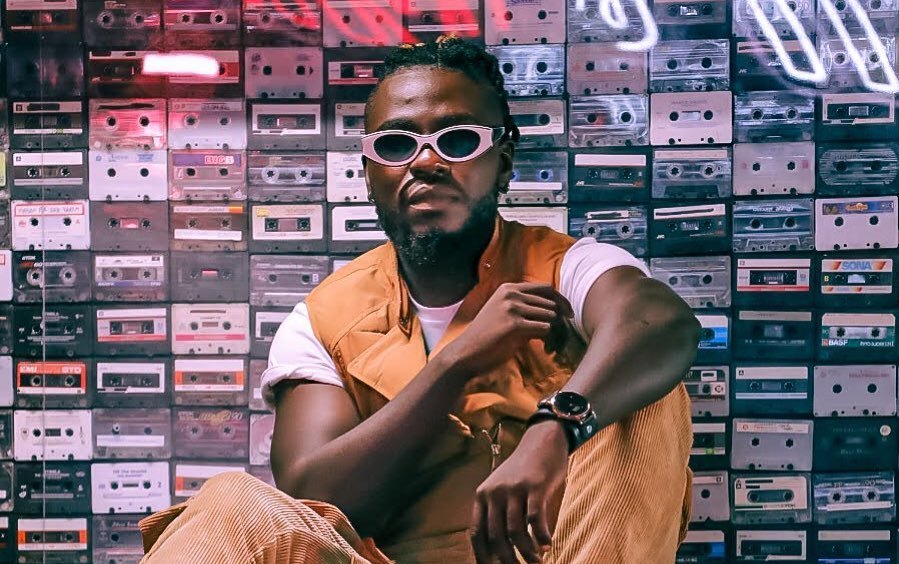Kenyan singer and songwriter Nviiri has made a bold and unexpected decision to step back from alcohol brand promotions, aligning himself with recent efforts to curb substance influence in entertainment and advertising. His move marks a significant shift in how local artists are approaching their roles as public figures and influencers.
Nviiri revealed that his change of heart came after a personal moment of reflection during a promotional campaign in Kayole. The experience left him unsettled, prompting a reevaluation of the message he was sending to his audience. In a heartfelt message shared online, he admitted that despite the financial benefits of such deals, he could no longer justify promoting products that do not contribute positively to his followers’ lives.
He urged fellow creatives to adopt a more conscious approach in their work, particularly when it comes to advertising and partnerships. According to him, not everything profitable is beneficial, especially when the cost is misleading or harming others. His message encouraged influencers and artists to prioritize content that uplifts and empowers, rather than simply sells.
This statement coincides with new policy reforms being rolled out under a national initiative aimed at addressing alcohol and substance abuse. One of the major proposed changes includes raising the legal drinking age from 18 to 21, based on scientific studies linking early alcohol use to long-term developmental harm. The updated guidelines also seek to restrict alcohol advertisements during children’s programming and ban celebrities from endorsing alcoholic beverages altogether.
These policy measures are designed to counter the growing normalization of alcohol consumption among the youth. A recent survey found that a high number of university students engage in drinking, with many accessing alcohol from informal, unregulated sources. This has sparked alarm among policymakers and health advocates, who view the trend as a public health concern that needs urgent intervention.
The decision by Nviiri to step away from alcohol promotions has sparked debate in the entertainment industry. While many fans and wellness advocates praised his choice as responsible and forward-thinking, not all artists shared his enthusiasm.
Critics argue that such restrictions risk interfering with artists’ creative and economic autonomy. Some believe that completely banning alcohol promotions by celebrities oversimplifies a complex issue. They point out that for many entertainers, brand partnerships are a key source of income, especially in an industry already facing limited financial support and sponsorship options.
This has led to calls for a more balanced approach—one that acknowledges the influence of celebrity endorsements while still protecting vulnerable audiences. Artists supporting a more moderate stance suggest that instead of outright bans, regulations should focus on transparency, audience targeting, and responsible messaging.
Still, Nviiri’s stand is seen as a turning point in how artists can influence cultural change. By choosing to distance himself from alcohol marketing, he has added his voice to a growing movement that prioritizes social impact over commercial gain. Whether this signals a broader shift in the entertainment world remains to be seen, but one thing is clear—conversations around ethics and influence in the creative industry are gaining momentum.

